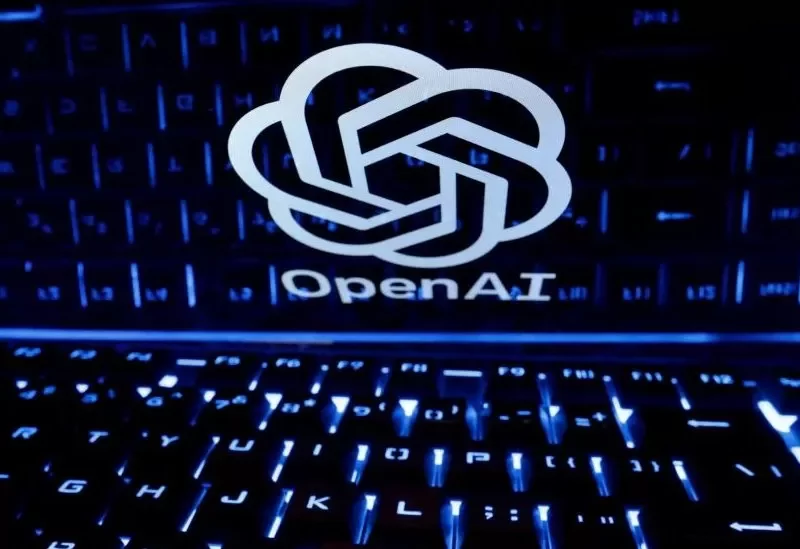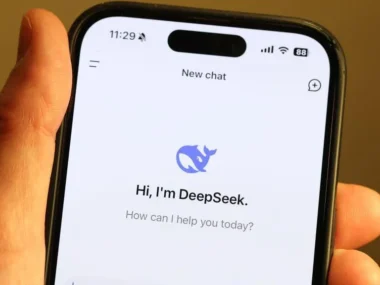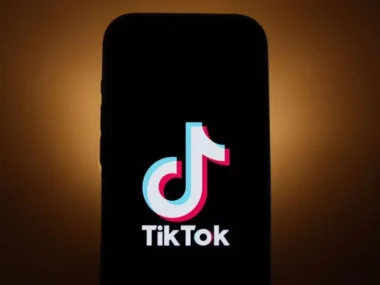Cambridge Dictionary has selected “Hallucinate” as its word of the year for 2023 due to its newly acquired definition in one of the various updates related to AI.
The original definition of “hallucinate” refers to perceiving sensory experiences that aren’t real, such as seeing, hearing, feeling, or smelling things that don’t exist.
Now, its expanded meaning encompasses when artificial intelligence (AI) generates erroneous or false information, leading to the term’s inclusion.
Dr. Henry Shevlin, an AI ethicist, commented that this expansion reflects our current tendency to humanize and attribute human-like traits to AI, offering a snapshot of our evolving perspectives on artificial intelligence.

According to Wendalyn Nichols, the publishing manager at Cambridge Dictionary, it remains crucial for humans to employ “critical thinking” because AI does have the capability to generate hallucinations or false information.
Dr. Shevlin, from the University of Cambridge, highlighted, “Inaccurate or misleading information has been a persistent issue, whether in the form of rumors, propaganda, or fake news. While traditionally seen as products of human creation, ‘hallucinate’ as a verb suggests an entity experiencing a divergence from reality. This linguistic shift signifies a subtle yet significant change in perception: the AI itself, not the user, is depicted as the one hallucinating.”
The inclusion of this definition followed a surge in interest in generative AI tools like ChatGPT, Bard, and Grok. Cambridge Dictionary noted an instance where a US law firm utilized ChatGPT for legal research, inadvertently leading to the citation of fictitious cases in court.

Artificial intelligence can be employed to recommend content that websites anticipate users might find enjoyable or relevant based on their browsing history, preferences, or behavior patterns.
Wendalyn Nichols, the publishing manager at Cambridge Dictionary, emphasized, “The idea that AIs can hallucinate serves as a reminder that humans must continue to apply their critical thinking abilities when utilizing these tools.”
She highlighted that while AIs excel at processing extensive data to extract and organize specific information, when tasked with generating original content, they become more prone to making errors or diverging from accuracy.
In 2023, around 6,000 new words and definitions were added, including terms such as “prompt engineering,” “large language model,” and “GenAI” among others.
Words that saw significant increases in searches within the online dictionary included “implosion,” following the Titan submersible’s collapse in June, and “GOAT,” representing the acronym for “greatest of all time.”
The upcoming Qatar World Cup sparked discussions about who deserved the title of the GOAT in football, with debates centering around prominent players like Lionel Messi, Cristiano Ronaldo, and legendary figures such as Pelé or Diego Maradona.
It’s important to note that the dictionary is published by Cambridge University Press & Assessment, which is affiliated with the University of Cambridge.











